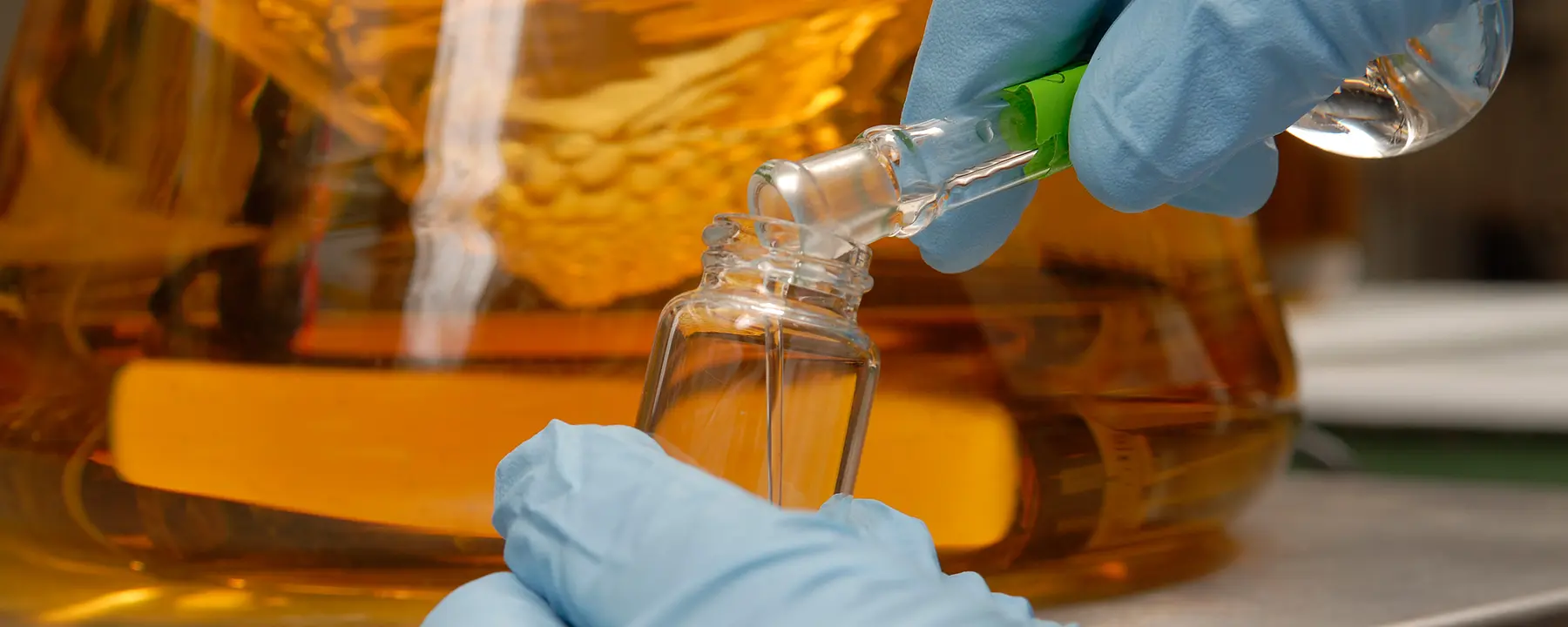Enhancing the accuracy and efficiency of drug testing programs
Throughout the United States, government and commercial laboratories perform drug, alcohol, and other testing to manage workplace programs as well as for probation and parole monitoring, and to produce forensic results for criminal or medicolegal investigations. The value of the work of these laboratories depends on the confidence of the public and the courts in the reliability and accuracy of the results they produce.
The negative effects of false-positive or false-negative results can include damaged reputations for people who are falsely implicated, dangers associated with drug-affected personnel who remain unidentified, and significant liability concerns for companies.
To monitor testing programs and minimize the possibility of incorrect reports, federal agencies and private-sector companies require oversight of drug testing laboratories, which is managed through proficiency testing (PT) of blind quality control (QC) samples.
Trusted, ISO-Compliant Proficiency Testing Samples
RTI has been a reliable source of proficiency testing (PT) samples for forensic and research laboratories for decades, serving as an important part of quality assurance (QA) programs and certification efforts.
Our forensic science laboratory produces quality reference materials in accordance with ISO Guide 34. Analytes run the full spectrum of controlled substances, prescription drugs, DNA, nicotine, metabolites, and interferents. Matrices include urine, oral fluid, vitreous fluid, and hair. The purity of samples is assured by the laboratory and management experience of our experts in quality assurance and toxicology.
We provide PT and QA services to the U.S. National Laboratory Certification Program (NLCP) and the commercial College of American Pathologists, one of several companies that accredit or certify laboratories for the testing they perform.
We also advise the Drug Testing Advisory Board, assist the Substance Abuse Mental Health Service Administration in writing mandatory testing guidelines, and are the sole provider of PT materials for U.S. Courts programs. Our team prepares blind PT and QA samples that certified laboratories test to maintain certification and that third-party administrators rely on to fulfill compliance requirements with the Department of Transportation.
We develop samples based on a thorough understanding of current and emerging drugs, possible interferences, and cutting-edge toxicological research. Our team also advises clients on the development of cost-effective QA protocols to meet current and evolving needs.
Ensuring the Accuracy and Reliability of Forensic Results
Our ability to strengthen workplace drug testing and workplace safety is perhaps best reflected through our work with the National Laboratory Certification Program. We protect employees from false or incorrect results that would lead to job losses and reduced employer liability, while protecting citizens from drivers and workers under the influence of drugs of abuse. As a result, demand for our products has led to us producing and selling more than 50,000 samples under this program in 2015 alone.
To date, we have produced over 1 million PT samples for our clients in support of their critical need to verify the accuracy and reliability of forensic laboratory testing.
Going forward, we aim to expand the number of commercial and public laboratories we support with world-class quality assurance, and to expand the types of samples we provide to participating programs and laboratories. We remain committed to complying with the strictest laboratory protocols to maintain the trust of the forensic community in these critically important quality control programs.
- Various
